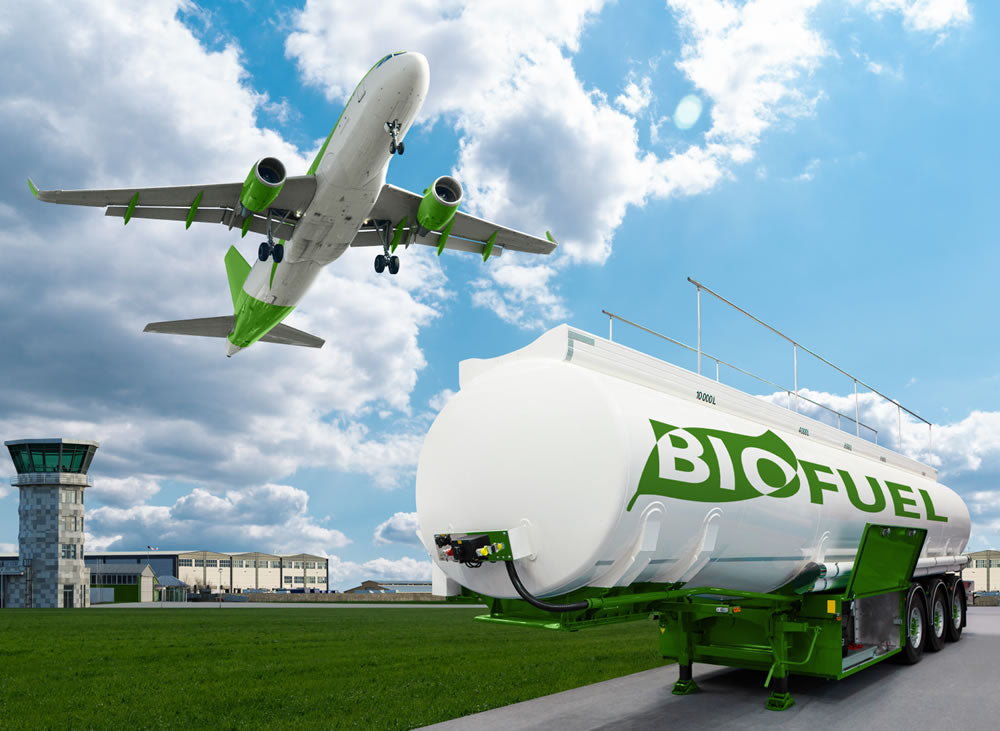Why is there still the urban legend that using animal byproducts (ABP) in pet food, is sustainable?
When I first threw myself into the fascinating world of pet nutrition as a mature vet in her 50s who like so many of us who are vets, had never been taught anything about how to feed a dog or cat correctly; I chose to do as many nutrition courses as I could.
The first course with top board certified vet nutritionist Dr Marge Chandler; I actually did twice to really absorb as much information as possible. What I was taught 7 years ago on her course, is the same as the British Veterinary Association (BVA) state to this day in their environmental information on their website about pet food. Quote from the BVA article, and what Marge Chandler Vet Nutritionist taught me -
"To fully understand the environmental implications of using animal byproducts in pet food, it’s important to consider what would happen if they were not used in pet food. For instance, if these byproducts would otherwise be incinerated as waste, their use in pet food could be beneficial for the environment, by reducing the need for other sources of pet nutrition."
We even have UK Pet Foods advising owners and vets alike in Webinars and in their latest Sustainability Report that using animal byproducts in pet food removes the huge cost of disposing of these items - yes sadly this is VERY outdated information as shown by the latest 2 published studies below!
With this being what is taught to us that it is environmentally sustainable to use animal byproducts in pet food to avoid them going to landfill, we have 2 recent studies that have turned this urban legend on its head!
What is the importance of this published study in May 2025?
A latest study published in the journal Frontiers in Sustainable Food Systems has concluded that feeding pets a nutritionally sound plant-based diet is a “significant climate change mitigation strategy which warrants immediate implementation”. This study notes the need for governments and the media to raise awareness immediately of the benefits of plant-based pet foods.
The role of animal byproducts
This latest research disputes the urban legend that pet food has a low impact because it is mainly made from animal byproducts.
This study for the very first time, claims that just 25% of animal byproducts are used in pet food, and the sector COMPETES with big pharma and even biofuel to access these ingredients (yes you read that correctly, as the price of animal fat has soared due to its use in making renewable diesel - pigs may fly!!!)
This shows how every part of a production animal has a financial value and will NEVER be wasted or sent to landfill. Moreover, the sale of byproducts is said to significantly boost the profits of the meat industry — for example, 11.4% of the gross income from beef reportedly originates from byproducts!
This contradicts the idea that animal byproducts would be wasted if not used in meat-based pet food, and demonstrates how these ingredients HELP TO FUND an unsustainable industry with more animals being bred for slaughter for their byproducts.

Furthermore, the authors of this study (Prof Andrew Knight and Billy Nicholles from Bryant research) show that byproducts are less efficient than human-grade meat, since they only make up a minority of the carcasses used for pet food. This means more carcasses are needed, and therefore more animals must be raised and slaughtered - something never ever mentioned before as value is placed on the byproducts such as kidneys, liver and heart!
Each dairy cow or pig for example has only 2 kidneys, one liver and one heart, and when sent to slaughter at the end of her milking cycle or farrowing cycle, there is enormous value in these organs that may be used in only a few cans of pet food compared to the rest of her meat that is used in a number of dishes which gives even more value to those 4 organs so more animals are slaughtered.
We have an example of Purina below showing the addition of the liver and heart from a slaughtered pig - a valued addition to pet food that requires more pigs to be slaughtered for their byproducts.

Which second study in the UK puts to rest the urban legend about pet food's impact on the environment?
A study from University of Nottingham Vet School and published in the journal Frontiers in Sustainable Food Systems in August 2025 has examined the environmental impact of different types of dry dog food available in the UK.
As part of the study, 31 commercially available foods were categorised as either plant-based, poultry-based, red meat-based (beef and lamb), or veterinary renal diets.
The results indicate that plant-based diets have the lowest environmental impact across all measures, while beef-and lamb-based foods have the highest impact.
See Nestle Purina's new range of dog food called Beyond with a range full of lamb protein that is shown to have the biggest environmental footprint.
Read more about exposing Hills, Royal Canin and Nestle Purina here.
Plant-Based Pet Food is the ‘Most Effective’ Measure to Tackle Climate Footprint of Dogs & Cats
![]()









